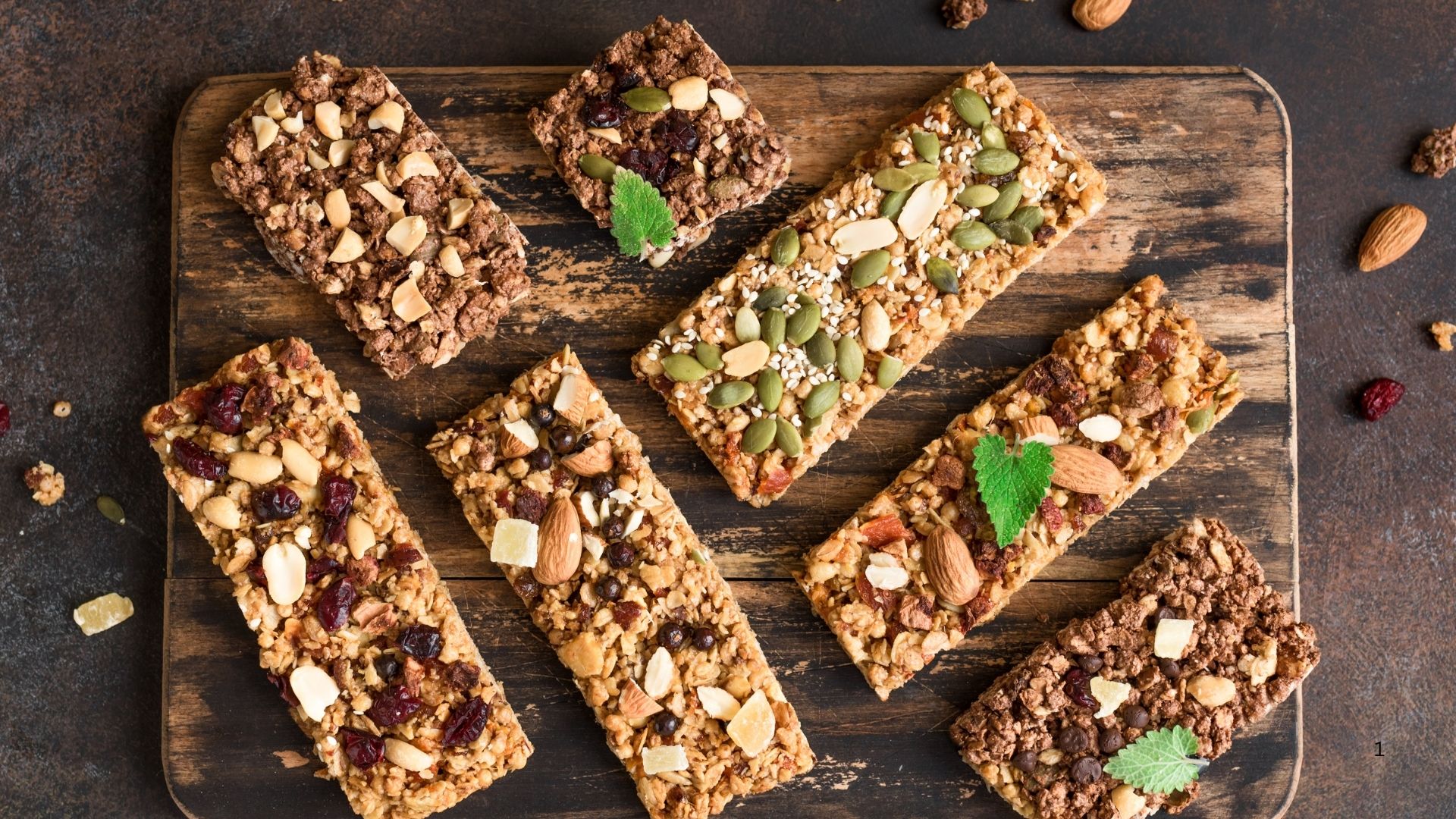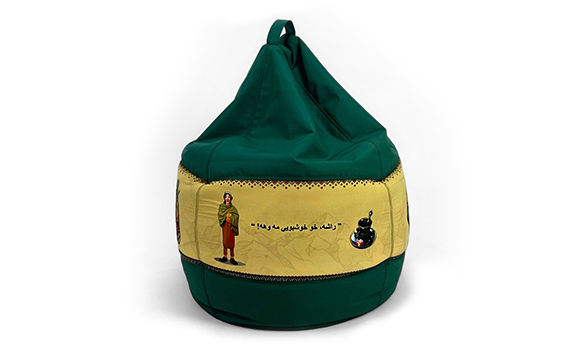The Europe Snack Bar Market is experiencing remarkable growth, driven by a combination of evolving consumer lifestyles, health consciousness, and innovation in product offerings. According to Renub Research, the Europe snack bar market was valued at US$ 3.46 billion in 2024 and is projected to grow at a CAGR of 7.11% during 2025–2033, reaching US$ 6.42 billion by 2033. The popularity of protein, energy, and plant-based bars is surging as consumers seek healthier, on-the-go options that provide both taste and nutrition.
Changing Consumer Preferences Driving Market Expansion
The rise in health awareness and busy, urban lifestyles are prompting European consumers to opt for snack bars as a quick and convenient meal replacement. With the growing trend of mindful eating, snack bars made with natural, organic, and nutrient-dense ingredients are gaining traction.
Today’s consumers prefer snacks that are low in sugar, high in protein, and rich in fiber, aligning with dietary trends like keto, vegan, and high-protein diets. Brands are responding with innovative formulations that combine superfoods, plant-based proteins, and functional ingredients like probiotics and vitamins.
Innovation and Product Diversification
One of the major factors fueling the market is the continuous innovation in flavors, textures, and nutritional profiles. Companies are experimenting with plant-based ingredients, gluten-free formulations, and reduced artificial additives to meet growing demand from vegan and flexitarian consumers.
Categories like protein bars, energy bars, granola bars, and cereal bars are witnessing a surge in popularity. Protein bars, in particular, are becoming mainstream as consumers, especially fitness enthusiasts, seek snacks that support muscle recovery and active lifestyles.
E-Commerce and Retail Expansion
The expansion of online retail and e-commerce channels is transforming how snack bars are purchased across Europe. Digital platforms not only offer a wide range of product options but also allow niche brands to reach broader audiences. Subscription services, online grocery platforms, and direct-to-consumer (D2C) models are creating new revenue streams for emerging and established companies.
Traditional retail outlets, supermarkets, convenience stores, and specialty health stores continue to dominate sales, but the convenience of online delivery is driving significant growth in urban centers.
Plant-Based Snack Bars on the Rise
With the increasing popularity of plant-based diets and sustainability concerns, plant-based snack bars are becoming a dominant trend. These products often incorporate ingredients like nuts, seeds, quinoa, pea protein, and oats, appealing to both vegans and flexitarian consumers.
The demand for eco-friendly packaging and clean-label products is also growing, as consumers prioritize sustainable consumption.
Market Segmentation: Key Categories
The Europe snack bar market can be segmented by product type, ingredient, distribution channel, and country:
- By Product Type: Protein bars, energy bars, granola bars, cereal bars, and others.
- By Ingredient: Plant-based ingredients, nuts, seeds, dried fruits, and dairy-based proteins.
- By Distribution Channel: Supermarkets, hypermarkets, convenience stores, specialty stores, and online retail.
- By Country: Germany, the UK, France, Italy, Spain, and other European nations.
Regional Insights
Germany
Germany is one of the largest markets in Europe, with high demand for organic and natural snack bars. The country’s consumers are known for prioritizing quality, clean-label products with sustainable sourcing.
United Kingdom
The UK market is driven by protein and energy bar innovations, especially among fitness enthusiasts and young professionals. E-commerce and subscription-based models have gained significant popularity here.
France & Italy
These countries are witnessing increased demand for premium snack bars with gourmet flavors, often featuring locally sourced ingredients and healthier formulations.
Spain
Spain’s market is growing rapidly due to the influence of sports nutrition trends and expanding online retail channels.
Key Growth Drivers
- Increasing health consciousness and preference for nutrient-rich, low-calorie snacks.
- Busy lifestyles and urbanization leading to demand for portable and convenient foods.
- Innovation in plant-based and functional snacks, appealing to vegan and flexitarian diets.
- Growth of fitness and sports culture, boosting the popularity of protein and energy bars.
- E-commerce expansion and improved retail distribution networks across Europe.
Market Challenges
While the market outlook is positive, several challenges remain:
- Intense competition from both established brands and new entrants.
- Price sensitivity, as premium snack bars often cost more than traditional snacks.
- Stringent EU regulations on food labeling, health claims, and nutritional content.
- Growing competition from alternative snacks, including fruit-based and plant-based products.
Competitive Landscape
The Europe snack bar market features a mix of global players, regional brands, and startups, each competing for consumer attention with innovative offerings. Key companies include:
- General Mills (Nature Valley)
- Kellogg Company
- Nestlé S.A.
- Mars, Inc.
- Clif Bar & Company
- Glanbia PLC (Optimum Nutrition)
- Grenade
- RXBAR
- Nakd (Natural Balance Foods)
- KIND Snacks (acquired by Mars)
To maintain market share, companies are focusing on clean-label products, premiumization, and sustainability initiatives such as biodegradable packaging and responsibly sourced ingredients.
Future Outlook: A Decade of Innovation
The Europe snack bar market is set to experience strong growth through 2033, with emerging trends shaping its evolution:
- Functional snack bars, incorporating vitamins, minerals, and adaptogens, will gain popularity.
- Personalized nutrition solutions using AI and data-driven recommendations will influence product development.
- Hybrid snack bars, combining traditional cereal bases with added proteins and superfoods, will dominate the shelves.
- Sustainability and eco-friendly packaging will be critical for consumer loyalty.
The rise of direct-to-consumer brands and subscription snack box services will also continue to reshape the market dynamics.
About Us
Renub Research is a Market Research and Consulting Company with more than 15 years of experience, especially in international Business-to-Business Research, Surveys, and Consulting. We provide a wide range of business research solutions that help companies make better business decisions. We partner with clients across all sectors and regions to identify their highest-value opportunities, address their most critical challenges, and transform their businesses.
Our wide clientele includes key players in Healthcare, Travel & Tourism, Food & Beverages, Power & Energy, Information Technology, Telecom & Internet, Chemicals, Logistics & Automotive, Consumer Goods & Retail, Building & Construction, and Agriculture.
Our core team comprises experienced professionals with graduate, postgraduate, and Ph.D. qualifications in Finance, Marketing, Human Resources, Bio-Technology, Medicine, Information Technology, Environmental Science, and more.
Media Contact:
Company Name: Renub Research
Contact Person: Rajat Gupta, Marketing Manager
Phone No: +91-120-421-9822 (IND) | +1-478-202-3244 (USA)
Email: rajat@renub.com
New Publish Report:
- New Zealand Leather Goods Market Size and Share Analysis – Growth Trends and Forecast Report 2025-2033
- New Zealand Watch Market Size and Share Analysis – Growth Trends and Forecast Report 2025-2033
- New Zealand Protein Ingredients Market Size and Share Analysis – Growth Trends and Forecast Report 2025-2033
FAQs
1. What is the size of the Europe snack bar market in 2024?
The Europe snack bar market is valued at US$ 3.46 billion in 2024.
2. What is the forecasted market size by 2033?
The market is projected to reach US$ 6.42 billion by 2033.
3. What is the CAGR for the Europe snack bar market during 2025–2033?
The market is expected to grow at a CAGR of 7.11% during the forecast period.
4. Which product types are popular in the Europe snack bar market?
Protein bars, energy bars, granola bars, and cereal bars are among the top categories.
5. Which countries dominate the Europe snack bar market?
Germany, the UK, France, Italy, and Spain are the leading markets.
6. What factors are driving the growth of the snack bar market in Europe?
Health consciousness, urbanization, plant-based trends, and e-commerce expansion are key drivers.
7. Who are the major companies in this market?
Key players include Nestlé, Kellogg, Mars, Clif Bar & Company, and KIND Snacks.
8. How is e-commerce influencing snack bar sales?
E-commerce platforms and subscription models are expanding accessibility and boosting sales.
9. What are the key challenges facing the market?
Challenges include price sensitivity, regulatory compliance, and competition from alternative snacks.
10. What future trends will shape the Europe snack bar market?
Trends such as functional snacks, sustainability, and personalized nutrition will dominate.



